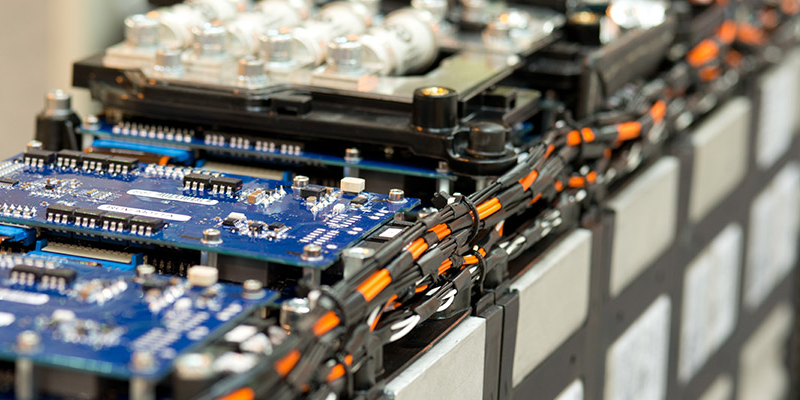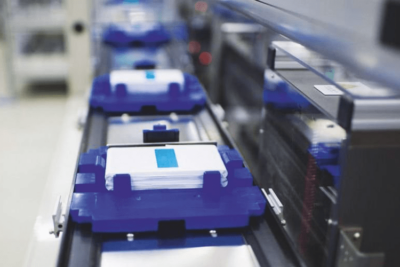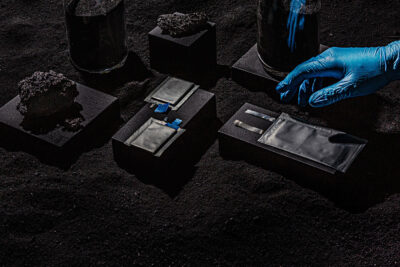Johnson Matthey withdraws from battery business
The British chemical company Johnson Matthey has surprisingly announced its withdrawal from the business with battery materials for the automotive industry. Johnson Matthey cites growing competition as one of the reasons for its decision.
++ There’s been an update to this article, please continue reading below. ++
It has concluded that “the potential returns from our battery materials business will not be sufficient to justify further investment.” The group, therefore, intends to sell all or part of its battery materials business. The decision was made “after a detailed review anbeforeto the achievement of a number of critical investment milestones”. Now that the decision has been made, Johnson Matthey intends to “act expeditiously to achieve the best outcome for all our stakeholders” and wants to make a further announcement as soon as possible.
Johnson Matthey has been working for several years to commercialise a range of high nickel cathode materials – mainly for the automotive industry. As recently as April, the British company announced plans to build a new factory for the production of its nickel-rich eLNO cathode materials in Finland. This is to be built in Finland within a strategic partnership with the Finnish Minerals Group (FMG).
Construction of the new plant, designed for an annual output of 30,000 tonnes of cathode material, is to begin this year, as announced in the spring. Additionally, the plant was to complement production in Konin, central Poland, where Johnson Matthey had also heralded the construction of a manufacturing facility for cathode materials in 2019. Furthermore, in parallel to the announcement of the plant’s construction in Vaasa, Finland, the chemical company also made public in April that it had signed contracts with Nornickel and SQM for the long-term supply of raw materials for the production of battery materials.
Johnson Matthey writes that while demand for battery materials is growing, competition from alternative technologies and other manufacturers increases. Moreover, in recent months, as it has explored strategic partnerships, “it has also become clear that our capital intensity is too high compared with other more established large scale, low-cost producers”.
On the other hand, JM intends to continue ploughing other growth areas, such as hydrogen technology, the circular economy, and decarbonisation of the chemical value chain. The British chemical company’s recycling initiatives include cooperation with OnTo Technology and Stena Recycling – both developers of battery recycling solutions.
Update 13 January 2022
Following the somewhat surprising news of Johnson Matthey withdrawing from the business with battery materials for the automotive industry, the company now provided an update. Talks had been held with a number of parties about a sale of the entire business unit, so, JM, but these had failed. Therefore, Johnson Matthey is now seeking to sell the individual assets.
“Consequently, we are announcing today that we are commencing consultation with our employees about our proposed closure of the Battery Materials business, and we are pursuing the sale of its individual assets,” the company stated online.
This time, JM also added more detailed numbers, pointing to an unprofitable business for the British company. They calculate a charge of £314 million as a base. “While the outcome of the sales process is uncertain, full or partial closure will result in additional impairment charges, the settlement of contractual liabilities, redundancy, closure and abandonment costs as we indicated at our interim results on 24th November 2021.” Once the assets are sold, JM still estimates these cash costs to be in the order of £150 million. The company intends to record these as an exceptional item outside of underlying operating profit in the full-year results.
Additional reporting by Nora Manthey, UK.
matthey.com, matthey.com (update Jan ’22)





0 Comments